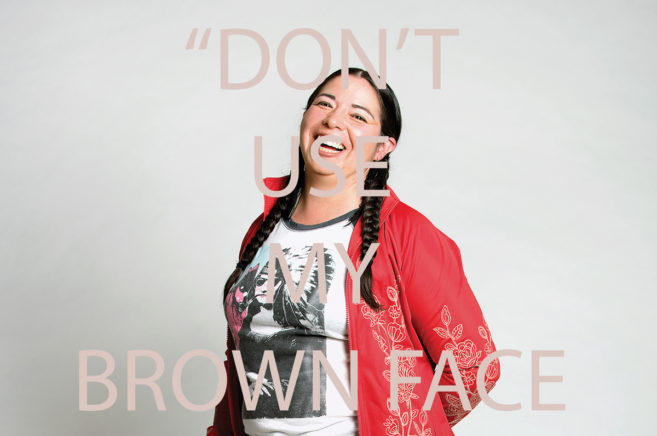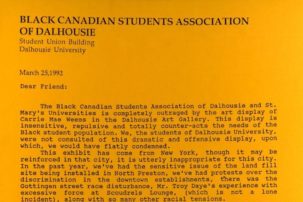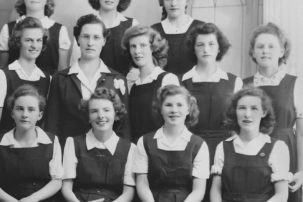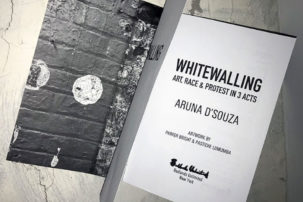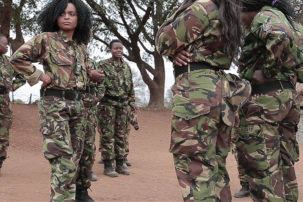This weekend, Toronto’s protean moving-image screening collective Pleasure Dome presents a series of events celebrating New York-based artist Charles Atlas. Atlas has forged a unique place in the history of art: he is a pioneer in using the medium of video not simply to record but, more importantly, to reimagine how performance—and specifically dance—might take on a life beyond the body’s live moment. His renown has been won through four decades of intensive collaboration with artists ranging from Yvonne Rainer to Lady Bunny to Antony and the Johnsons.
Rather than seeking to hide the mediation of his camera and editing, Atlas embraces stylization and artifice, shaping and expanding our experience of performance. Considering that he is among the most sensitive and astute chroniclers of queer performance in particular, it is only appropriate that his experimental practice has sought to transcend documentation and draw from the realms of fiction and fantasy. Atlas keenly understands that performance extends beyond the studio or stage to suffuse the personal, from dressing ourselves in the morning to stumbling home late at night from the club.
Curated by Pleasure Dome collective member Kevin Hegge and beloved DJ Jaime Sin, the series features four hours of work from the 1980s and 1990s spread over two screenings on the Saturday as well as an artist talk and launch of Atlas’s recent Prestel monograph on Sunday afternoon. The weekend fleshes out an ambitious program curated for Pleasure Dome and the Images Festival in 2008 by Ben Portis and Kathleen Smith. The highlight then was Atlas’s masterpiece, the feature-length Hail the New Puritan (1985–6), a phantasmagoric and impossibly glamorous “day in the life” of the brash, adventurous young London dance phenomenon—and prettiest man alive—Michael Clark, which resonated in 2008 with the creative foment of Toronto’s own queer club and drag activity (as I wrote about in No More Potlucks).
Even though Hail the New Puritan sadly won’t be screening this weekend, Atlas’s looser but equally extravagant 1989 “backstage” adaptation of Clark’s Because We Must, which also prominently features radical drag deity Leigh Bowery, screens on Saturday afternoon. A puking Clark, naked chainsaw choreography, dinosaur-inspired outfits, a suitably otherworldly routine to “Venus in Furs,” and Bowery as a piano-playing teapot all await you here.
This tape is preceded by the equally delightful Ex-Romance (1987), which teams up dancer-choreographer Karole Armitage with Clark (and others) dancing to an eclectic variety of musical genres around an airport and other unlikely locales. The spectacle is mischievously interrupted by TV news commentary and Atlas’s playful visuals. Saturday evening, Clark and Armitage surface again in the high-energy Parafango (1983–4). Later in that same program, Bowery stars in the short Mrs. Peanut Visits New York (1999), which will have special significance for fans of Vancouver artist Vincent Trasov’s iconic appropriation of the Planters Peanut mascot beginning in the early 1970s. A trilogy of sexy and stylish shorts entitled What I Did Last Summer (1991) closes off Saturday’s festivities on an upbeat note with a riot of retro NYC looks and moves.
While Atlas’s UK collaborations with decadent Clark and Bowery produced his most dynamic and seductive tapes, his most influential collaborator was arguably Merce Cunningham in New York. The weekend begins with the early 16-mm film work Channels/Inserts (1982), where the ancient Chinese divination text, the I Ching, was used to determine the sequencing of the spaces and performers in the Cunningham Dance Company. Their relationship was no doubt foundational in developing Atlas’s fond appreciation of the everyday.
Among the Atlas series’ smorgasbord of punk attitude, pop colour and outlandish costumes, the revelation is Saturday evening’s Son of Sam and Delilah (1991), a searing vision of the violence of 1988 New York expressed through a collision of aggressive skits starring performers like Hapi Phace and John Kelly. Fascinated with the relationship between the moving body, psychology and the social, Atlas portrays a city torn apart, twitching with anxiety. (The subtext of all this murderous mayhem is the AIDS crisis, which had claimed 60,000 Americans by the end of 1988.) The climactic dance-floor bloodbath would have been horrifying in anyone else’s hands, but Atlas’s faith in queer survival makes us believe that nothing can stop the music.

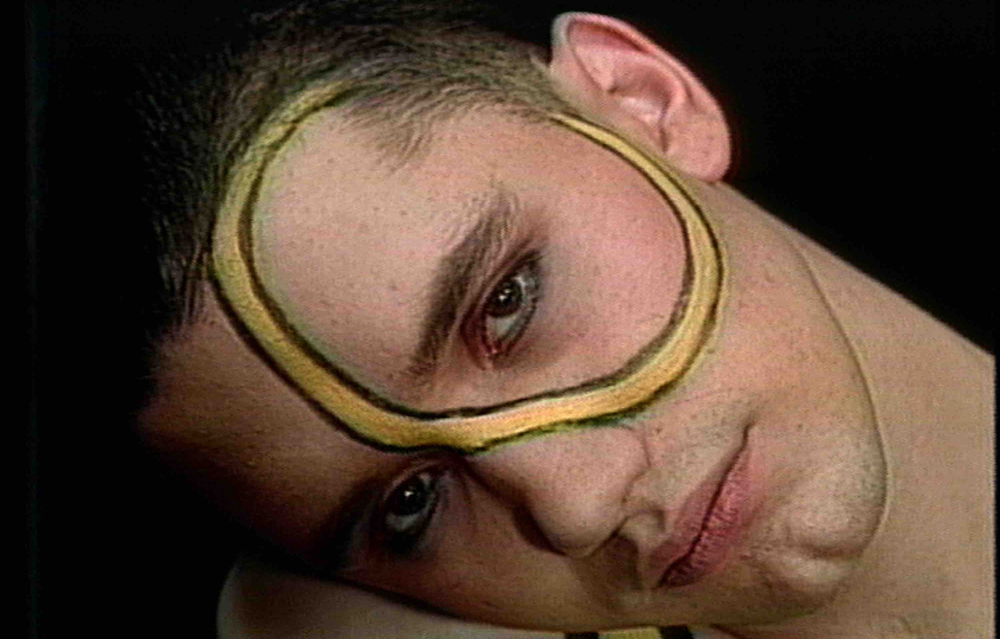 A still from Charles Atlas's Parafango (1983–84).
A still from Charles Atlas's Parafango (1983–84).
